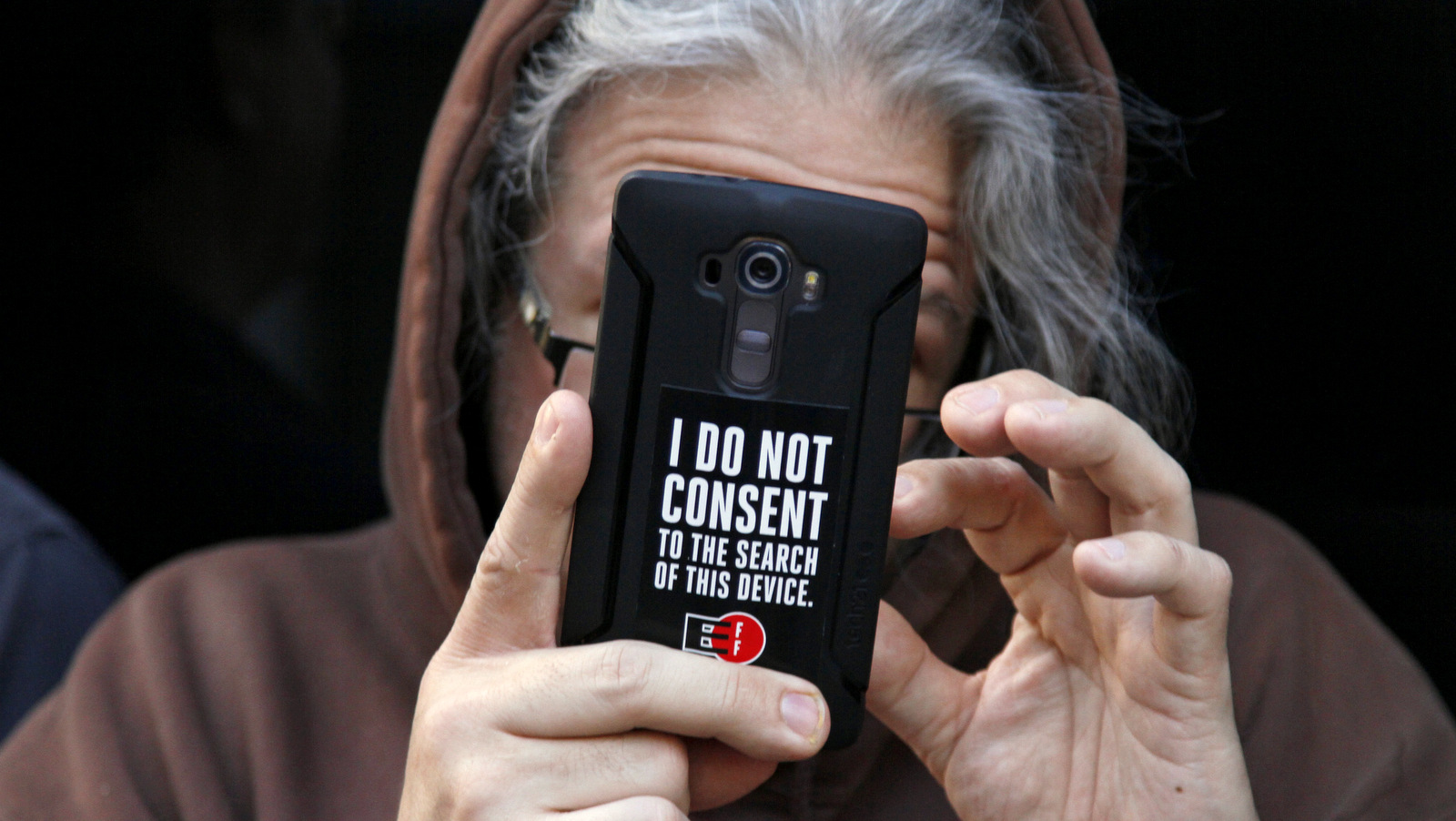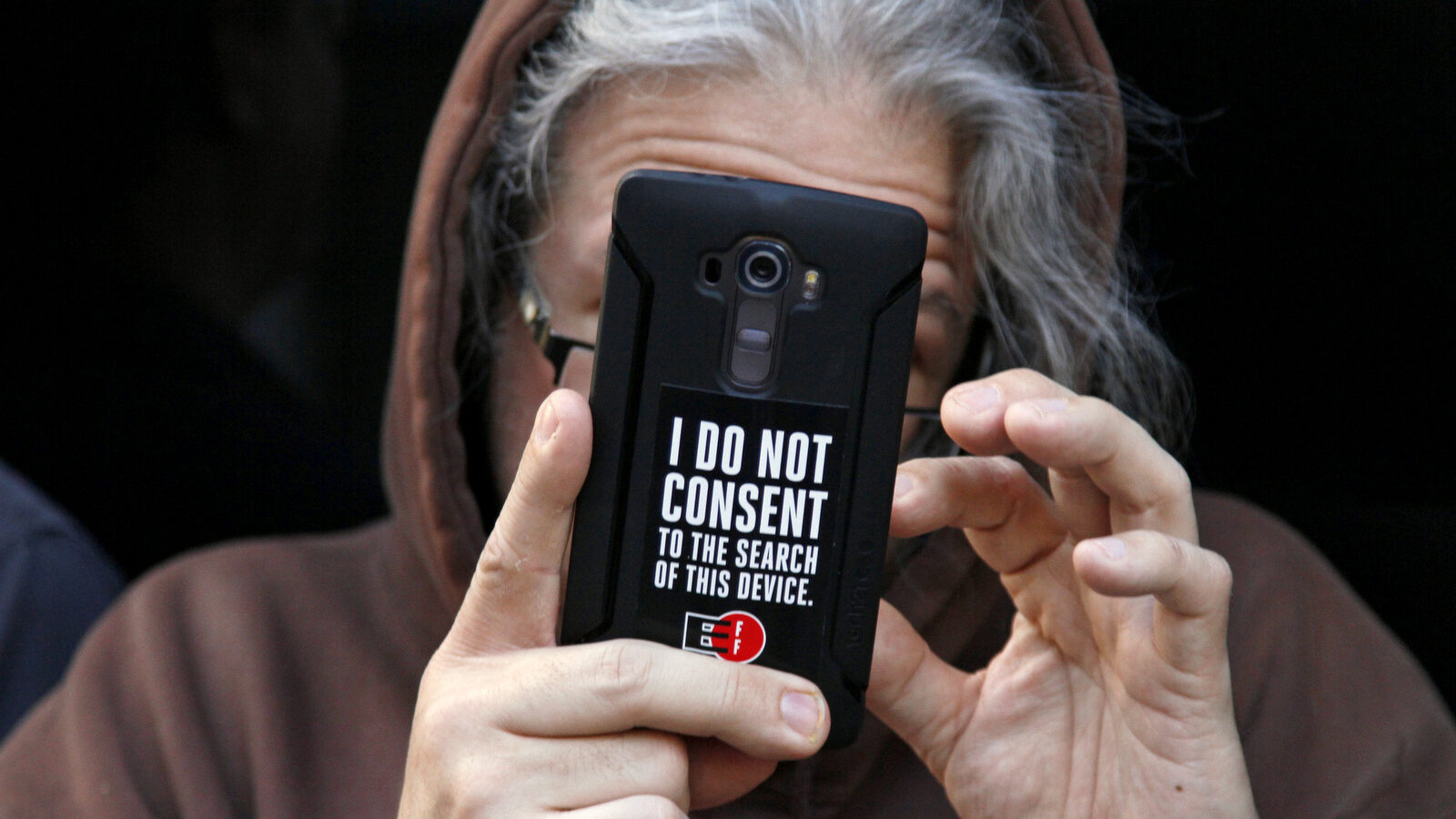
The new report has been published as the Apple-FBI row seems to near its closure after months during which the tech giant and US authorities clashed over bypassing the encryption of a terrorist’s iPhone.
https://twitter.com/sherifea/status/712067365727559684
In the report, Amnesty argues that people worldwide should be able to use encryption to protect their privacy and free speech rights.
“Banning encryption is like banning envelopes and curtains. It takes away a basic tool for keeping your private life private,” Sherif Elsayed-Ali, Amnesty International’s Deputy Director for Global Issues said in an online statement.
“Governments trying to undermine encryption should think twice before they open this Pandora’s Box. Weakening privacy online could have disastrous consequences for free societies, particularly for the human rights activists and journalists who hold our leaders to account,” he added
The report, titled “Encryption: a Matter of Human Rights” also argues that “states have obligations under international law to respect, protect and fulfil the right to privacy of their populations.”
New briefing: #Encryption: A Matter of Human Rights, Amnestys first official stance on encryption https://t.co/UMppI7D0Zq #AppleVsFBI
— Amnesty International Danmark (@amnestydk) March 22, 2016
Amnesty commented on the Apple-FBI duel in which the US authorities asked the Cupertino company to create a “backdoor” to access encrypted data on the handset of one of San Bernardino’s shooters.
The organization states that, while the request is legitimate in principle, the method the FBI have chosen to retrieve the data is problematic.
According to Amnesty, requiring a company to hack its own software “risks setting the stage for the US government, and potentially other governments, to compel technology companies to modify their products to weaken or otherwise circumvent encryption.”
@sherifea @AmnestyOnline – very well said btw.
— FYB (he/him/his) (@francoisyanick) March 2, 2016
These backdoors are pinpointed by Amnesty as a threat to personal freedoms, as well as a more pragmatic risk for online banking and credit card security features.
The charity highlighted ongoing attempts to weaken encryption in countries “such as Cuba, Pakistan and India. Others, such as Russia, Morocco, Kazakhstan, Pakistan and Colombia, sometimes go as far as banning it altogether.”
Still, the technology is crucial to keep human rights activists, lawyers, journalists and ordinary citizens safe.
“Banning or undermining encryption will have one clear result: making us all less secure and undermining our privacy. Some governments are trying to limit encryption, ostensibly for security reasons, but this fails to take into account the serious ramifications that weakening encryption would have for online security. That is short-sighted and misguided,” said Sherif Elsayed-Ali.


